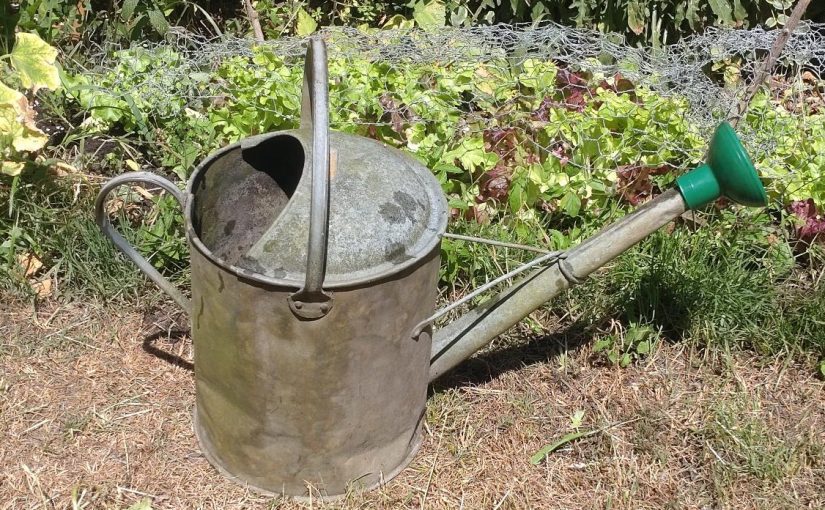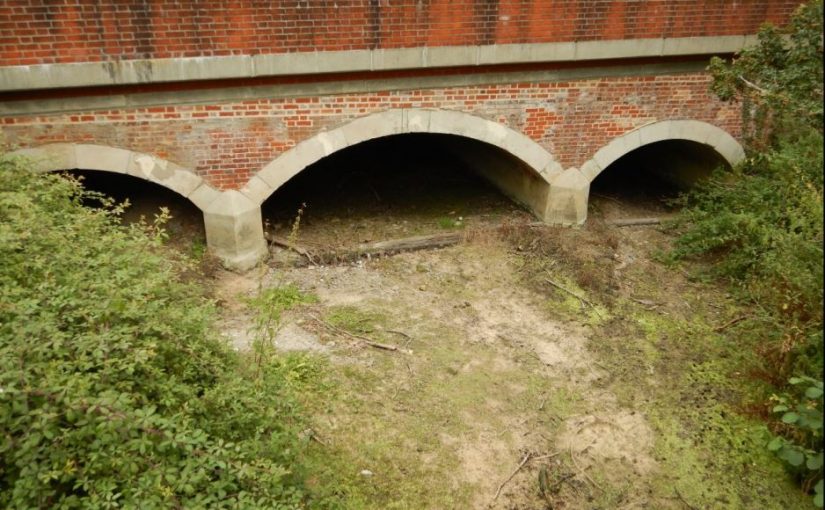Time for a hosepipe ban? Hot weather puts water supplies under pressure
Cam Valley Forum (CVF) is once again calling on Cambridge Water to implement a hosepipe ban this summer. Known as a ‘temporary use ban’ or TUB, such a temporary restriction on water use is a vitally important tool to reduce demand when supplies are low. With demand increasing by 30% already in some regions since the heat wave began, urgent action is needed.
A TUB applies to hosepipes used for watering gardens, washing your car or boat, filling domestic swimming and paddling pools and filling or maintaining ponds and ornamental fountains. Michael Goodhart. who leads CVF’s Water Conservation Group, says “Most of these activities can be done using recycled water, from water butts and general household use or, if from a tap, much more economically using a bucket or watering can. Hosepipes can use up to 1,000 litres an hour – a similar quantity that a family of four uses in two days.”
A national survey[1] in the 2022 drought showed that 76% of people thought implementing a hosepipe ban when it is hot, dry and sunny is justifiable. TUBs work by leaving more water in the environment, which is good for streams, rivers and wildlife, and in the groundwater which means supplies last longer. TUBs also play a key role in helping people understand that water is scarce and that we need to be much more careful with it. The water that flows out of Cambridgeshire’s taps comes from the upstream chalk aquifer. In hot summer months, with high levels of abstraction, the water-table drops and the flow in our chalk springs reduces and even stops, with devastating consequences to the environment. Every time we turn on a tap or flush a toilet we contribute to this problem.
Only water companies can make the decision on introducing TUBs, but Cambridge Water is still unwilling to do this, as they made clear to CVF in their annual meeting with the group in May. CVF has been actively engaging with Cambridge Water for several years on this issue[2]. The water company agrees that the triggers for introducing a TUB need re-appraisal, and say that their next Drought Plan will represent a ‘step change’ in how they will address the all too frequent drought periods. However, this will not be published until 2027.
The company has not put a hosepipe ban in place since 1991-92 – not so much a reflection of the water availability in the region, as to the reluctance of the company to take the action needed. Instead, this year it has issued advice on its website and to those customers who have signed up to receive the company’s updates. The advice is good – avoid hosepipe use, water plants early in the morning or evening to limit water evaporation, leave lawns even if they go brown as they will recover when it next rains, and take shorter showers. But how many people will see this?
CVF supports the Environment Agency (EA) which this month issued urgent national advice[3] to all the water companies in England for more immediate action to address future water shortages. The EA is calling on the companies to make greater effort to reduce demand, including through more hosepipe bans, whilst also emphasising that the public will need to play a role.
Sue Wells, co-chair of CVF, says “Keeping our plants and gardens alive in hot weather is essential – we need them for our physical and mental health. But we must value water properly, and be more imaginative in how we use and manage it. We can all reduce the amount we use: turning on taps only enough and for as long as necessary for hand and teeth washing, or watering plants carefully and not the ground and weeds around them. At all costs, we must avoid the situation in the 2022 drought, when parts of the City’s precious chalk streams dried up.”
[1] https://database.waterwise.org.uk/wp-content/uploads/2022/11/Taking-the-publics-pulse-on-hosepipe-bans-3.pdf
[2] https://camvalleyforum.uk/cambridge-water-reject-plea-for-a-hosepipe-ban/
[3]https://assets.publishing.service.gov.uk/media/684fe36e4734883ca9f79e49/2025_EA_National_Framework_Water_Resources_-_summary_document.pdf


